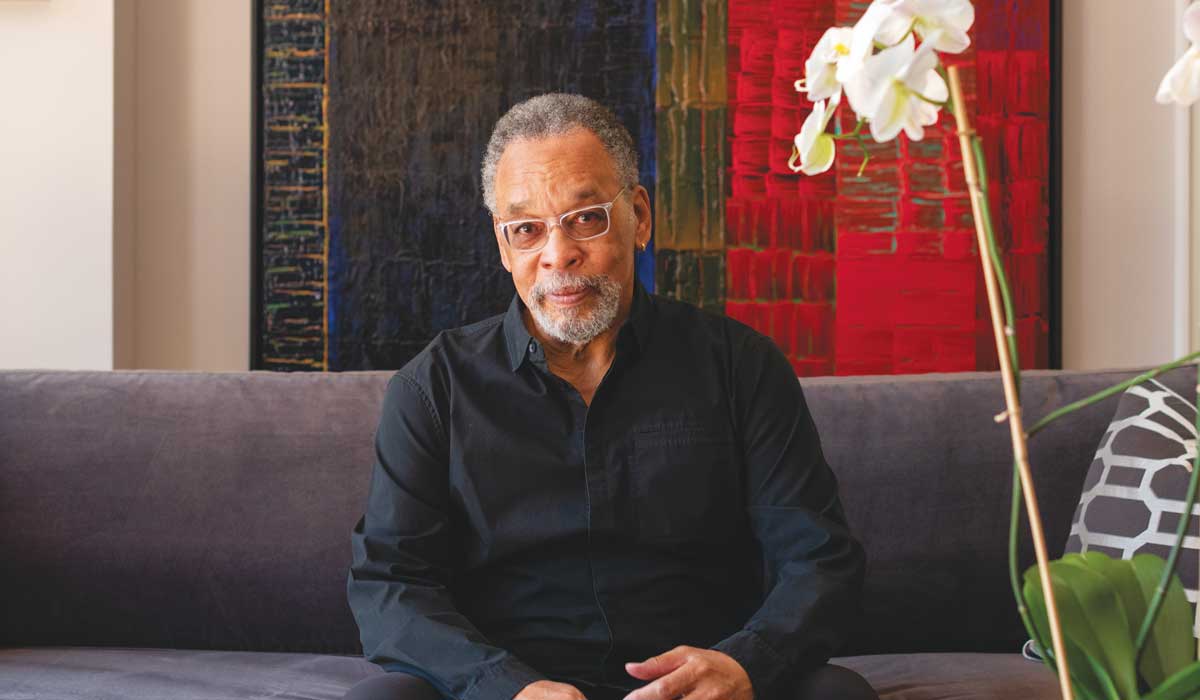

I was one of three African-American students on campus when I arrived at Gettysburg College in 1964. There was virtually no diversity in the faculty or administration. During the spring of my senior year, the Rev. Dr. Martin Luther King Jr. was assassinated, and few students on campus understood the magnitude of that event. Much has changed since then. The advances made in diversity, equity, and inclusion enable an opportunity for growth and development that will better prepare students to Do Great Work. That said, there is more work yet to be done!
I consider myself fortunate. I have never taken the opportunity to attend college for granted. Gettysburg College gave me the growth and development that I needed, and the learning experiences, in and out of the classroom, were invaluable. There are countless numbers of young people with backgrounds like mine who could benefit greatly from having a college experience similar to mine. Serving as a trustee and providing financial support has enabled me to make that possible.
These days it would not be unusual to find me in the kitchen with a new recipe, a glass of Barolo, and John Coltrane on my turntable. While I consider myself a “music omnivore,” jazz is at the center of my musical appreciation. I also serve on the board of the Newport Jazz Festival Foundation, along with our legendary 95-year-old founder, George Wein.
Our nation has gotten a wake-up call this past year. We are at an inflection point, and institutions of higher learning have a role to play. The student experience at Gettysburg College has to reflect an uncompromising dedication to diversity, equity, and inclusion—recognizing that it provides our nation and our College with a distinctive source of exceptionalism—in every dimension of campus life. The absolute commitment of the faculty is essential, and The Bruce S. Gordon ’68 Diversity, Equity, and Inclusion Teaching Excellence Prize has been established to inspire and acknowledge that commitment.
Posted: 08/31/21


